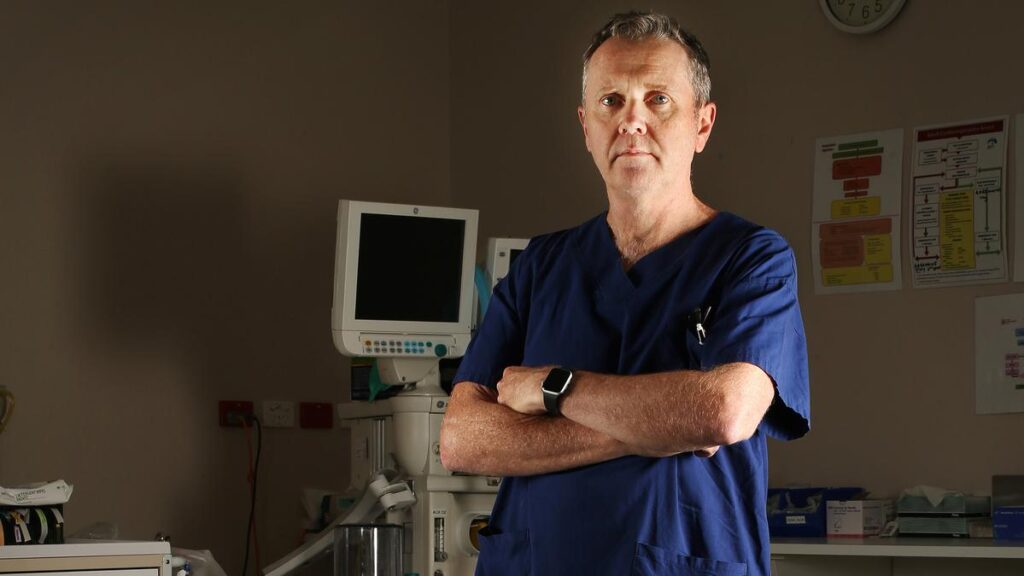
AMA WA President Dr Andrew Miller. Coronavirus. Picture Jackson Flindell The West Australian
A recent cancer diagnosis has driven Australian businessman Steve (a pseudonym) to seek urgent answers regarding his health. Meeting with a friend, he expressed his need for clarity and direction in the face of uncertainty about his treatment options. The conversation highlighted not only his personal struggle but also the broader implications for cancer care in Australia.
Steve, known for his relentless work ethic and focus on action, approached the meeting with a sense of urgency. He was already reviewing medical reports and contemplating his next steps before I even arrived. His approach to business—characterised by a commitment to self-reliance and efficiency—mirrored his response to this life-altering diagnosis.
He is not just concerned about his own wellbeing; he has also made significant donations towards cancer research, reflecting a dedication to improving treatment options for others. “I’m just a friend, not your doctor,” I reminded him during our discussion, “but I can suggest some questions you might want to ask.”
Australia boasts cancer treatment capabilities that rank among the best worldwide, thanks to a willingness to adopt and adapt successful practices from larger research communities. The nation’s smaller size allows it to implement innovative ideas without the burden of inflated pride, making it a leader in multidisciplinary care for serious cancers. This approach ensures that cases like Steve’s receive comprehensive evaluations from teams of specialists, including surgeons, pathologists, and oncologists.
Advancements in Cancer Care in Australia
Leading Comprehensive Cancer Centres (CCCs) such as MD Anderson in Texas and Memorial Sloan Kettering in New York are at the forefront of cancer research and treatment. In Australia, institutions like the Peter MacCallum Cancer Centre in Victoria and the Chris O’Brien Lifehouse and Minderoo Children’s facilities in New South Wales represent the pinnacle of cancer care. These centres attract global patients and contribute to groundbreaking clinical trials that enhance treatment options for everyone.
The establishment of the Harry Perkins Institute in Western Australia has received a financial commitment from the Federal government, aimed at creating a new CCC in Perth. This development is crucial for expanding the medical ecosystem in the region, ensuring that patients have access to state-of-the-art treatments.
Steve’s determination led him to seek a second opinion in New York, where he engaged with leading medical professionals before returning home for treatment. No one can predict the outcome of his journey, but the advancements made in clinical science offer hope. A full specification CCC in Western Australia is long overdue, and the need for such facilities has never been more pressing.
As the clock ticks, the urgency for improved cancer treatment options intensifies. Time is not just a financial concern; it represents the essence of life itself. In our pursuit of better healthcare solutions, every moment counts, and the collective effort of individuals and governments is essential to ensure that no one faces their health challenges alone.






